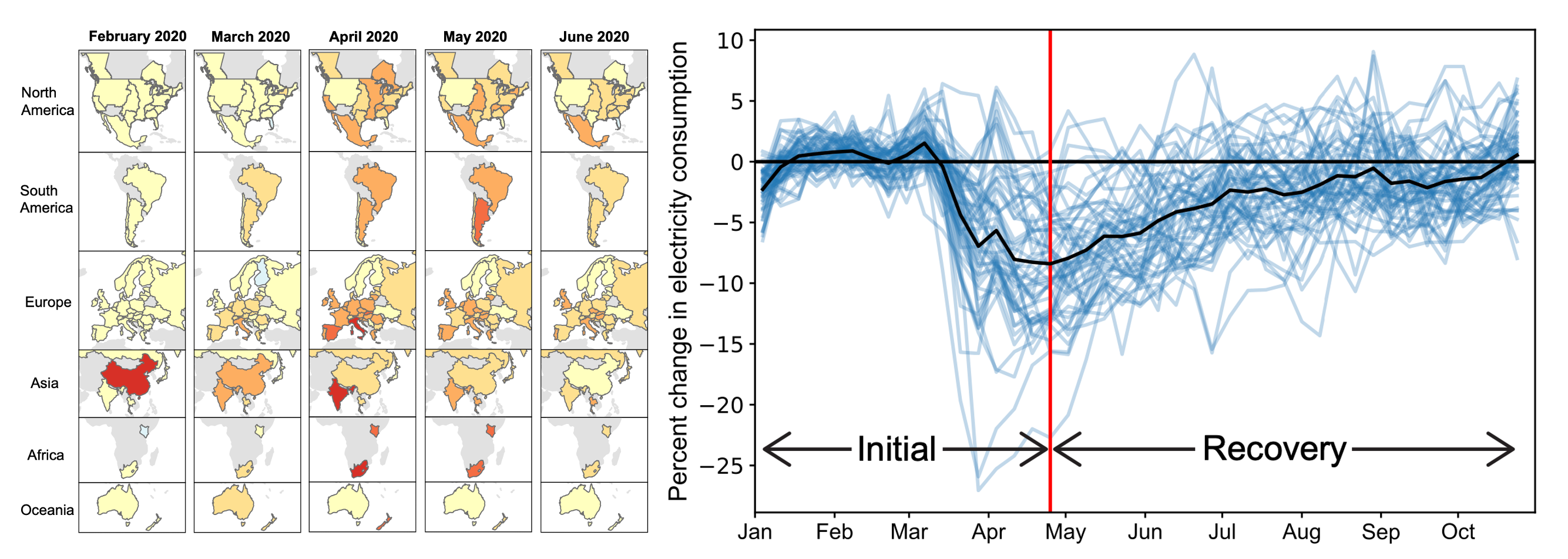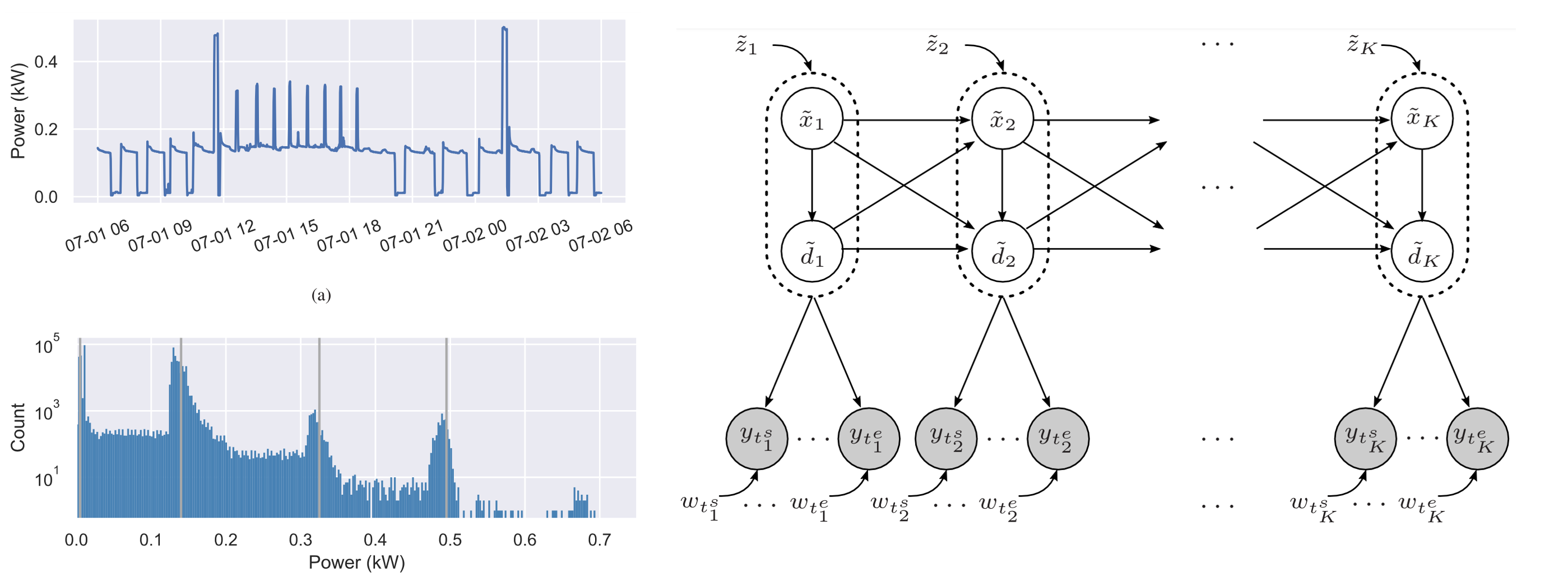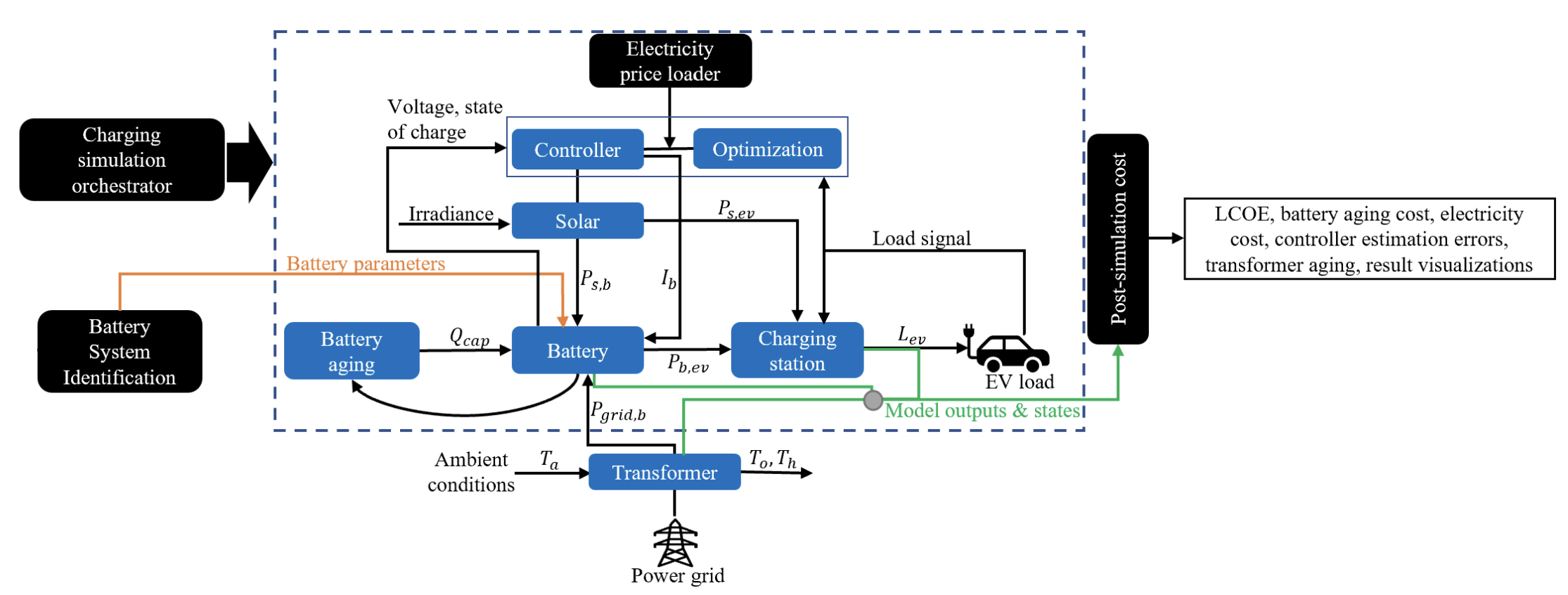Model Predictive Control Strategies for Grid-Interactive Water Heaters
Residential electric water heaters have significant load shifting capabilities due to their thermal heat capacity and large energy consumption. Model predictive control (MPC) has been shown to be an effective control strategy that allows water heaters to respond to dynamic price signals. Such control strategies can be deployed in home energy management systems or smart appliances. However, the performance of such strategies is sensitive to various algorithm design choices. In this work, we develop a framework for implementing model predictive controls on residential water heaters for load shifting applications. We use this framework to analyze how different design factors, such as control model fidelity, temperature sensor configuration, water draw estimation methodology, and water draw forecasting methodology, affect control performance and thermal comfort. Algorithm performance is validated through experimental laboratory testing and simulations.



